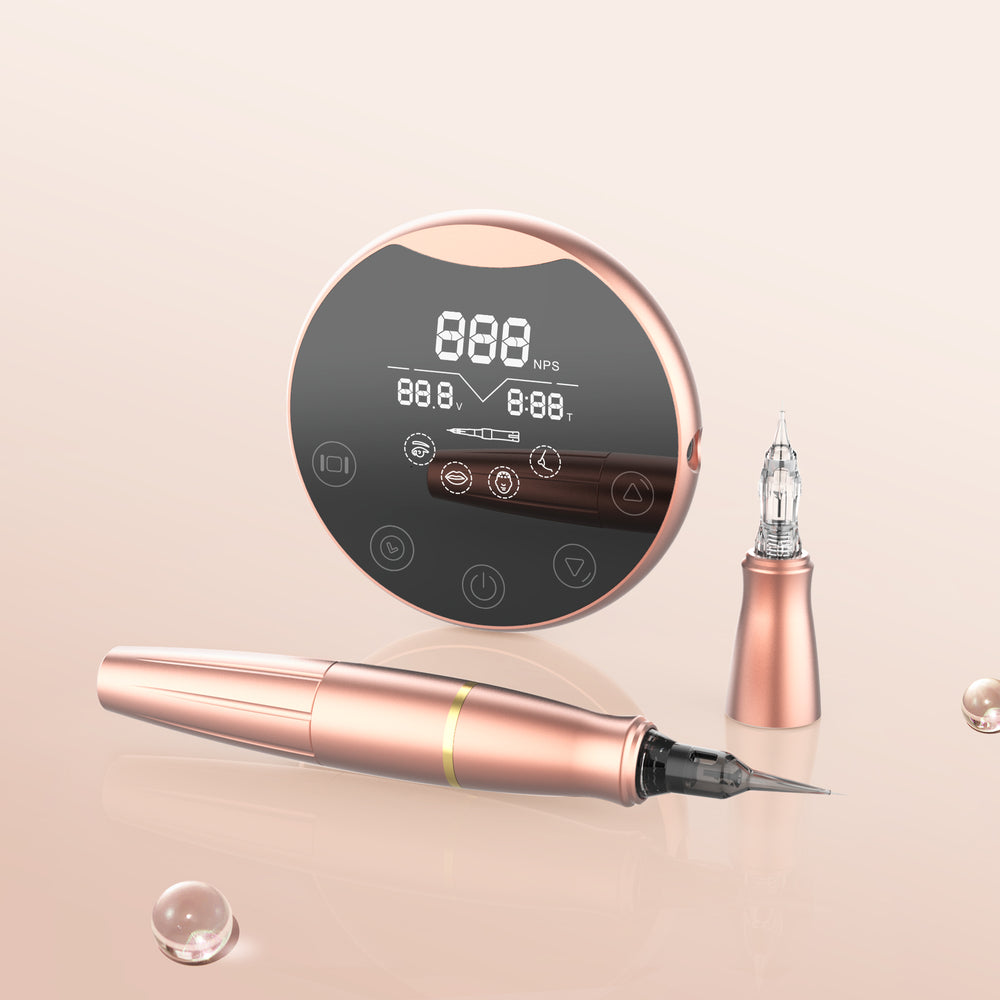Lidocaine creams for skin are widely recognized for their effectiveness in providing localized pain relief. These topical anesthetics are commonly used in various medical and cosmetic procedures. But how do they work, and what should you know before using them? This article aims to provide a comprehensive understanding of lidocaine creams, their applications, and their benefits.

What Are Lidocaine Creams?
Lidocaine is a local anesthetic that temporarily numbs the skin and surrounding tissues. When applied as a cream, it penetrates the skin and blocks nerve signals in the area, effectively reducing pain sensations. This makes lidocaine creams for skin particularly useful for:
- Minor surgical procedures
- Dermatological treatments
- Relief from sunburns or insect bites
- Managing chronic pain conditions
How Do Lidocaine Creams Work?
The mechanism of action for lidocaine creams involves the inhibition of sodium channels in nerve cells. By blocking these channels, lidocaine prevents the initiation and conduction of nerve impulses, leading to a temporary loss of sensation in the treated area. This process is crucial for patients undergoing procedures that may cause discomfort.
When applied correctly, lidocaine creams can provide effective pain relief within minutes. However, the duration of relief can vary based on the concentration of lidocaine in the cream and the specific area of application. For instance, higher concentrations may offer longer-lasting effects.
Benefits of Using Lidocaine Creams for Skin
There are several advantages to using lidocaine creams for skin, including:
- Non-invasive Pain Relief: Unlike injections, lidocaine creams offer a non-invasive option for pain management.
- Ease of Use: These creams are easy to apply and can be used in the comfort of your home.
- Rapid Onset: Many users experience pain relief within 20 to 30 minutes after application.
- Versatility: Lidocaine creams can be used for various conditions, from cosmetic procedures to chronic pain management.
Considerations When Using Lidocaine Creams
While lidocaine creams for skin are generally safe, it is essential to follow specific guidelines to ensure their effectiveness and minimize risks. Here are some considerations:
- Always follow the recommended dosage and application instructions.
- Avoid applying the cream to broken or irritated skin.
- Consult with a healthcare professional if you have any underlying health conditions or are pregnant.
- Be aware of potential side effects, such as skin irritation or allergic reactions.
For those interested in exploring more about lidocaine creams for skin, you may find additional resources and products at  .
.
Conclusion
Lidocaine creams for skin serve as a valuable tool for pain relief in various situations. Understanding how they work and their benefits can help you make informed decisions about their use. Always consult with a healthcare provider for personalized advice and to ensure safe application. With the right knowledge, lidocaine creams can significantly enhance comfort during medical and cosmetic procedures.








